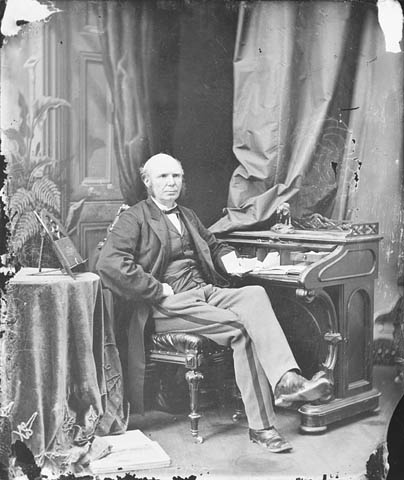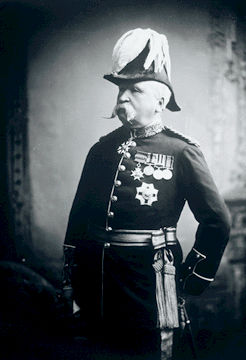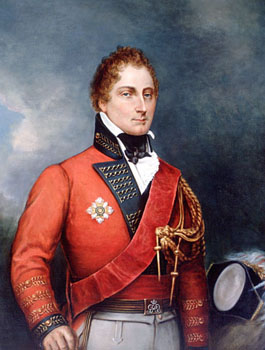Article
Sir Charles Bagot
Sir Charles Bagot, diplomat (born 23 Sept 1781 at Blithfield Hall, England; died 19 May 1843 in Kingston, Canada). Born to a wealthy and influential family, Bagot was elected to the British Parliament in 1807. He served in the cabinet as undersecretary of state for foreign affairs before appointments as Britain’s minister to France (1814), the United States (1816-19), Russia (1820-24), and the Netherlands (1824-32). As Britain’s minister to the United States, he negotiated the 1817 Rush-Bagot Agreement which reduced the number of military ships on the Great Lakes and Lake Champlain and helped secure the Canadian-American border. From 1841-43, he served as Governor General of the Province of Canada, advancing responsible government and French-English equality in the colony.













